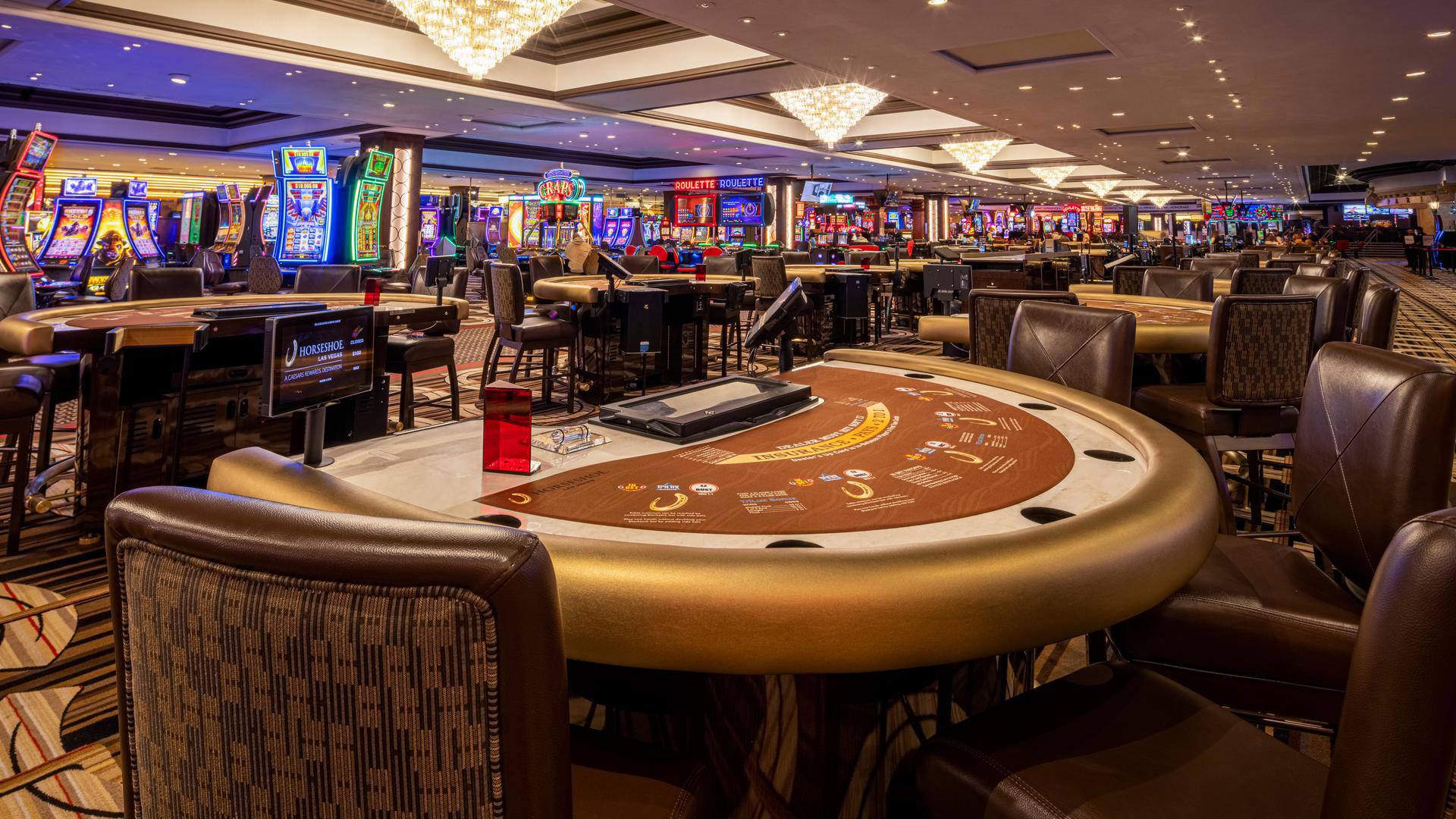Casino games have long been a significant aspect of human culture, providing not just entertainment but a intriguing reflection of our aspirations, ambitions, and anxieties. From the spinning reels of a slot machine to the tactical play of poker, these games encapsulate a variety of human emotions and experiences. At their core, casino games are more than a chance to earn cash; they are a snapshot of life itself, where risk versus reward converge and fortunes can change in an moment.
As players gather around tables or sit in front of vibrantly illuminated machines, they participate in a ceremony that transcends mere playing. These games echo our natural desires for relationships, excitement, and the quest for chance. They also unveil deeper truths about human nature, such as our relationship with chance and the thrill of the unknown. In exploring casino games, we reveal not only the mechanics of play but also the intricate pattern of the human story, showcasing our interconnected narratives of aspiration and reality.
The Psychology of Gambling
Wagering is deeply rooted in the psyche of individuals, appealing to various emotions and desires. The thrill of risk-taking is a core aspect that attracts participants, whether the thrill of spinning a roulette or the excitement of drawing a winning card in a poker game. This adrenaline is frequently likened to other forms of excitement, as the uncertainty of outcomes elicits a unique psychological response. Gamblers often become captivated by the possibility of winning big, leading to an almost magnetic draw toward gambling games.
Another, an essential component of the psychology behind gambling is the concept of hope and aspiration. Players often nourish dreams of financial freedom and the luxurious lifestyle that can accompany winning. This optimism fuels their ongoing participation in casino games, as it provides a sense of meaning and the belief that a life-changing win could be just one wager away. The story of beating the odds and finding success resonates with many, strengthening their commitment to play and engage with these games. Bongdalu

Finally, social dynamics play a significant role in gambling psychology. Gambling venues are designed to promote social interaction, where gamblers gather to share the experience of wins and losses. This shared aspect not only enhances enjoyment but also affects behavior, as individuals often mimic the actions of others around them. The collective approval found in shared excitement can enhance the emotional experience, making casino games a reflection of not just personal desires but also shared involvement within the gambling community.
### Risk and Reward: A Double-Edged Sword
Casino games embody the subtle balance between risk and gain that resonates deeply with the human experience. The thrill of placing a bet is often accompanied by a surge of excitement, as gamblers are confronted with the prospect of a huge payout, yet cognizant of the potential to suffer losses. This bipartisan experience reflects a essential aspect of life: the paths we choose often come with built-in risks, and the pursuit of reward can push us to make risky moves we might not typically consider. In this way, casino games echo real-world decisions, enticing players to gamble not just their funds, but also their dreams.
The allure of grand jackpots and payouts fuels a feeling of positivity, encouraging players to envision a better future that could arise from a single victorious spin of the roulette or turn of a card. This positive outlook can drive individuals to engage in greater risks, encouraging them to extend their limits in search of monetary success. However, just as in life, the consequences of these decisions can lead to both triumph and loss. The stories of both big winners and those who have lost everything at the tables demonstrate the unpredictable nature of luck and its impactful effect on our lives.
Ultimately, the interaction of engaging with casino games serves as a vivid illustration of the nature of humanity. Every game played is loaded with the tension of risk, as players weigh the gains against the dangers. This balance not only highlights the excitement that comes with gambling but also exposes the weaknesses that come with the desire for more. As we journey through the challenges of decision-making and consequence in both the casino and in life, we find that the quest for gain shapes our sense of self and journeys in significant manners.
Community and Solitude in Casino Culture
Gambling culture is a special mix of communal engagement and individual pursuit, reflecting the tensions of human experience. Gamblers often come together around tables, experiencing in the thrill of the action, rejoicing in wins, and commiserating over losses. This social aspect is vital, as it creates a sense of belonging and camaraderie among varied groups of individuals. Regular visitors to gaming establishments may form friendships and establish routines, turning the casino into a alternative home where they experience linked to a greater community of players.
However, the attraction of gambling activities can also lead to isolation. As individuals become immersed in the thrill of playing, they may withdraw from personal relationships or neglect to engage with the environment outside the gaming space. For some, the pursuit of a jackpot can distract from genuine connections, leading to loneliness. The situation of being surrounded people yet feeling solitary is not uncommon, as the attention shifts from shared enjoyment to the private concerns of each player’s journey.
This interplay of society and solitude creates a vivid mosaic that defines casino culture. It highlights the intricacy of human interactions, where happiness and sorrow exist together. Casinos serve as both a refuge for social interaction and a platform for individual struggles, illustrating how deeply entwined our desire for connection and the individual quest for wealth can be. In navigating this landscape, players confront their own narratives—seeking both the rush of the wager and the companionship of other gamblers, ultimately reflecting the broader spectrum of individual experience.